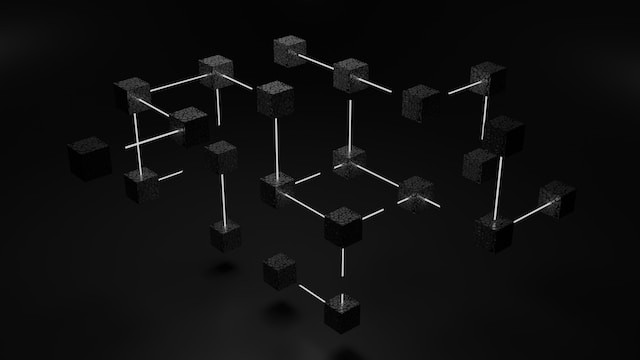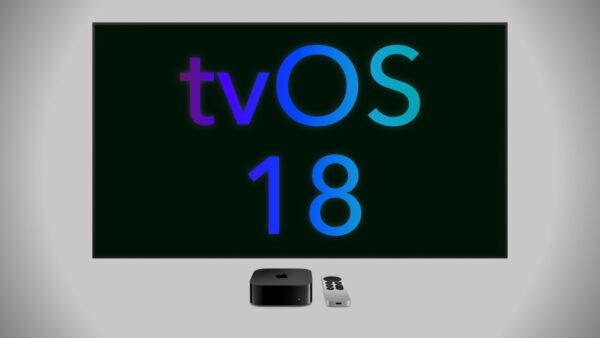
Digimagaz.com – Blockchain technology has revolutionized the world of finance, technology, and beyond. As interest in blockchain continues to grow, it’s crucial to familiarize yourself with the key terms and concepts associated with this transformative technology. Whether you’re a blockchain enthusiast, investor, or simply curious about the future of decentralized systems, this article will introduce you to 10 must-know terms that will enhance your understanding of blockchain. So, let’s dive in!
1-Blockchain
Blockchain is a decentralized, immutable, and transparent digital ledger that records transactions across multiple computers or nodes. Each block contains a unique cryptographic hash, linking it to the previous block and creating a chain. This technology ensures security, eliminates the need for intermediaries, and enables trustless peer-to-peer transactions.
2-Cryptocurrency:
Cryptocurrency refers to digital or virtual currencies that utilize cryptography for security. Bitcoin, the pioneering cryptocurrency, was introduced in 2009. Since then, numerous cryptocurrencies, including Ethereum, Litecoin, and Ripple, have emerged. Cryptocurrencies leverage blockchain technology to facilitate secure and transparent transactions.
3-Smart Contracts
Smart contracts are self-executing contracts with the terms of the agreement directly written into the code. These contracts automatically execute and enforce the agreed-upon rules, eliminating the need for intermediaries. Smart contracts enable trust and transparency, allowing parties to interact and transact without relying on traditional legal systems.
4-Decentralization
Decentralization is a fundamental characteristic of blockchain technology. It refers to the distribution of authority, control, and decision-making across a network of participants instead of a central authority. Blockchain’s decentralized nature provides enhanced security, censorship resistance, and removes the single point of failure.
5-Consensus Mechanism:
Consensus mechanisms determine how participants in a blockchain network agree on the validity of transactions and the order in which they are added to the blockchain. Popular consensus mechanisms include Proof of Work (PoW), Proof of Stake (PoS), and Delegated Proof of Stake (DPoS). These mechanisms ensure agreement and prevent double-spending or tampering.
6-Distributed Ledger Technology (DLT)
Distributed Ledger Technology is a broader term that encompasses blockchain and other forms of shared digital ledgers. DLT facilitates decentralized and synchronized data storage and management across multiple nodes. While blockchain is a specific type of DLT, there are other variations, such as Directed Acyclic Graph (DAG) and Hashgraph.
7-Immutable
Immutability is a crucial characteristic of blockchain. Once data is recorded on a block and added to the chain, it becomes extremely difficult to alter or delete. The distributed nature of blockchain ensures that any tampering attempts are easily identified, enhancing the integrity and trustworthiness of the system.
8-Private Key and Public Key
In blockchain, private and public key cryptography is used to secure transactions and identities. A private key is a randomly generated string known only to the owner, while the public key is derived from the private key and can be shared with others. The public key allows verification of digital signatures, while the private key is used to sign transactions.
9-Wallet
A wallet is a digital tool used to store, manage, and interact with cryptocurrencies. Wallets can be software-based (online or offline) or hardware-based (physical devices). They provide users with a secure way to access and manage their digital assets, including private keys.
10-Tokenization:
Tokenization involves the representation of real-world assets or digital rights on a blockchain as tokens. Tokens can represent ownership, access, or any other form of value. Tokenization has the potential to revolutionize industries such as real estate, supply chain, and art, enabling fractional ownership and increased liquidity.
Conclusion
Blockchain technology is reshaping industries and offering innovative solutions across various domains. By familiarizing yourself with these 10 must-know terms, you’ll gain a solid foundation for understanding blockchain’s potential and its impact on our future. As the technology continues to evolve, keeping up with the latest developments and trends will further expand your knowledge and opportunities in this exciting field. Embrace the power of blockchain, and unlock a world of possibilities!
Read More :





